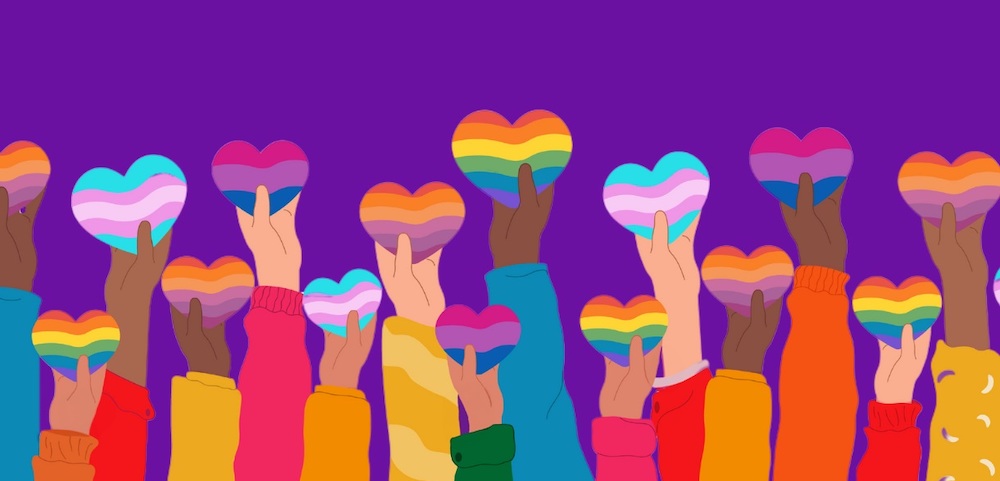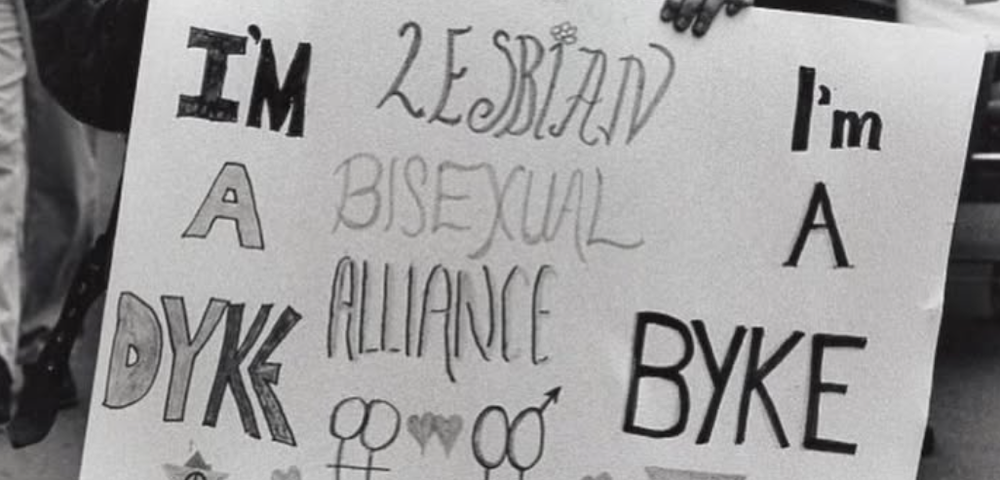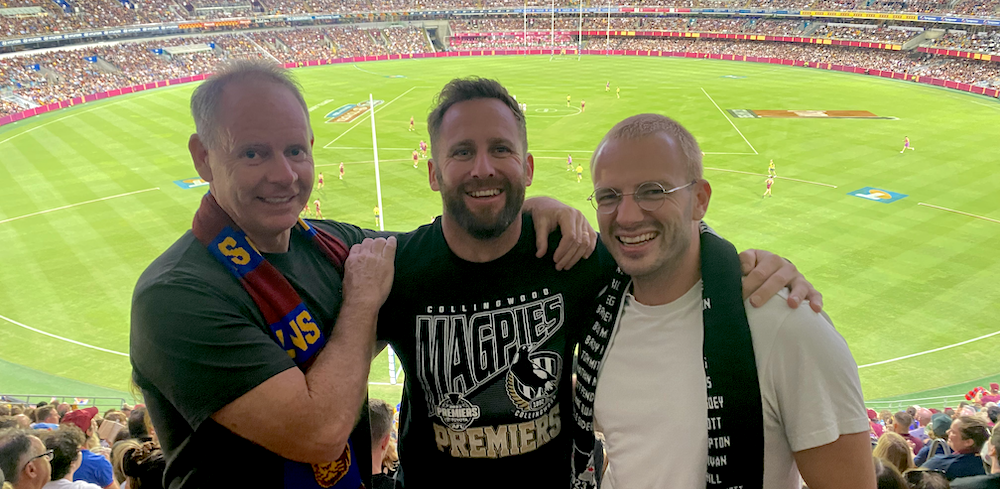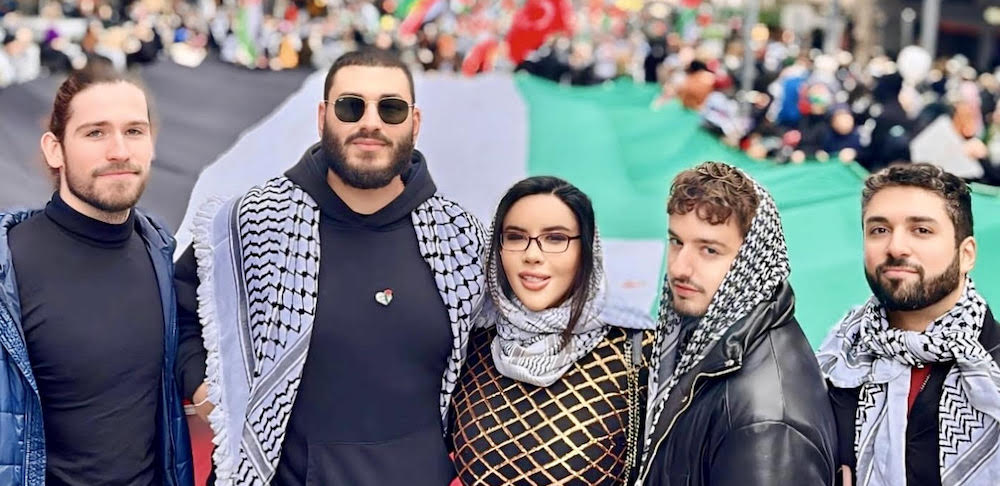
HIV+ stigma in our community
Last year I ran a group for long-term HIV+ men on self-esteem matters.
Some of these guys have been HIV+ for more than 20 years and, according to them, have experienced negative changes in community attitudes towards their HIV+ status over time. Generally they feel isolated from gay community understanding in 2012. Once upon a time, it was very different for them.
In the late ’80s and early ’90s, AIDS became a huge gay community and personal concern. Solidarity was in evidence everywhere. It was up to all of us then to deal with a virus that threatened our community’s future and our personal sexuality.
Back then when you took someone home from a bar, or had sex elsewhere, you assumed they could be positive and adopted safe-sex practices. Back then we fought hard to keep the Mardi Gras Parade going against strong and hateful outcries to close it down. The argument for wanting to close it down was that homosexuality led to sexual behaviour that caused AIDS. (Not withstanding HIV is a virus that all humans can catch, straight or gay, hence its name, human immunodeficiency virus. Also, just for the record, the average human, gay or straight, catches more than 100 serious viruses in a lifetime.)
We knew then that it would be back to the closet for decades if we gave in to bigoted forces. We should feel proud as a gay community that we fought and won the battle against these negative forces and convinced the general community that
HIV was not to be something to be used against us. It is a virus that affects us all, gay or straight. Ignorance and bigotry did not win!
However, over the years it appears the gay community has moved on. It is now felt — erroneously, mind you — that the virus is now completely treatable and if you get it you just take pills and life goes on.
This has left HIV+ guys being left to fend for themselves more. Further, they now experience negative community stigma, especially from younger gays.
Getting back to my group, their concern was that now when they tell anyone they are HIV+, the gay men they meet mostly flee or, worse still, give them a mouthful.
When faced with community rejection, these gay men are less likely to discuss being positive and this creates very destructive self-stigmatisation. Horrible!
So what can we all do to change this situation? I am sure we can all think of many things we can do as a community and individually to get back that sense of solidarity with these guys. We adopted safe-sex practices when the crisis was at its peak and we still had sex with those we met at bars, etc. We managed the HIV situation then and we can manage it now.
Safe-sex practices work. There are also countless HIV- and HIV+ couples having great sex lives without transmission.
Is it time for us to rejoice in our efforts to come to terms with HIV and to open up our intelligent minds and hearts to others who are HIV+ in our community? These people, our people, need our support. The long-term HIV+ guys especially need our support so they can speak about their lives without feeling rejected.
What will you, or I, do to make a difference and to reclaim community solidarity with the HIV+ issue?
By GERRY NORTH
INFO: Gerry North is a gay counsellor. Email Gerry on any issues at gerrynorthcounsellor@gmail.com or visit www.gaycounselling.vpweb.com.au









